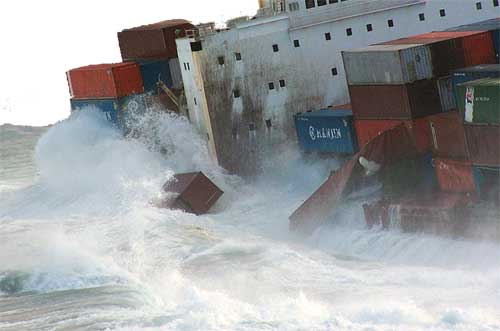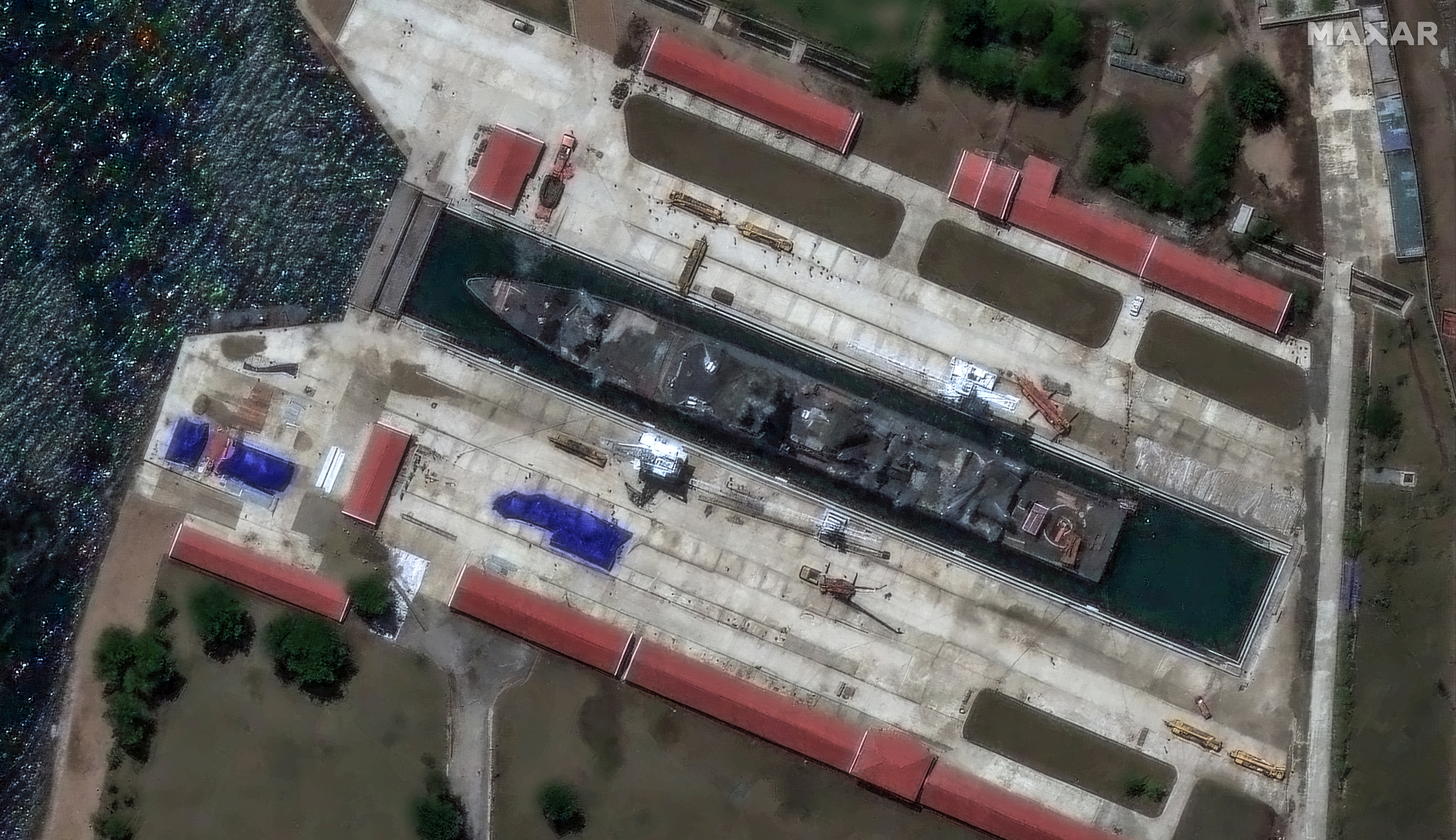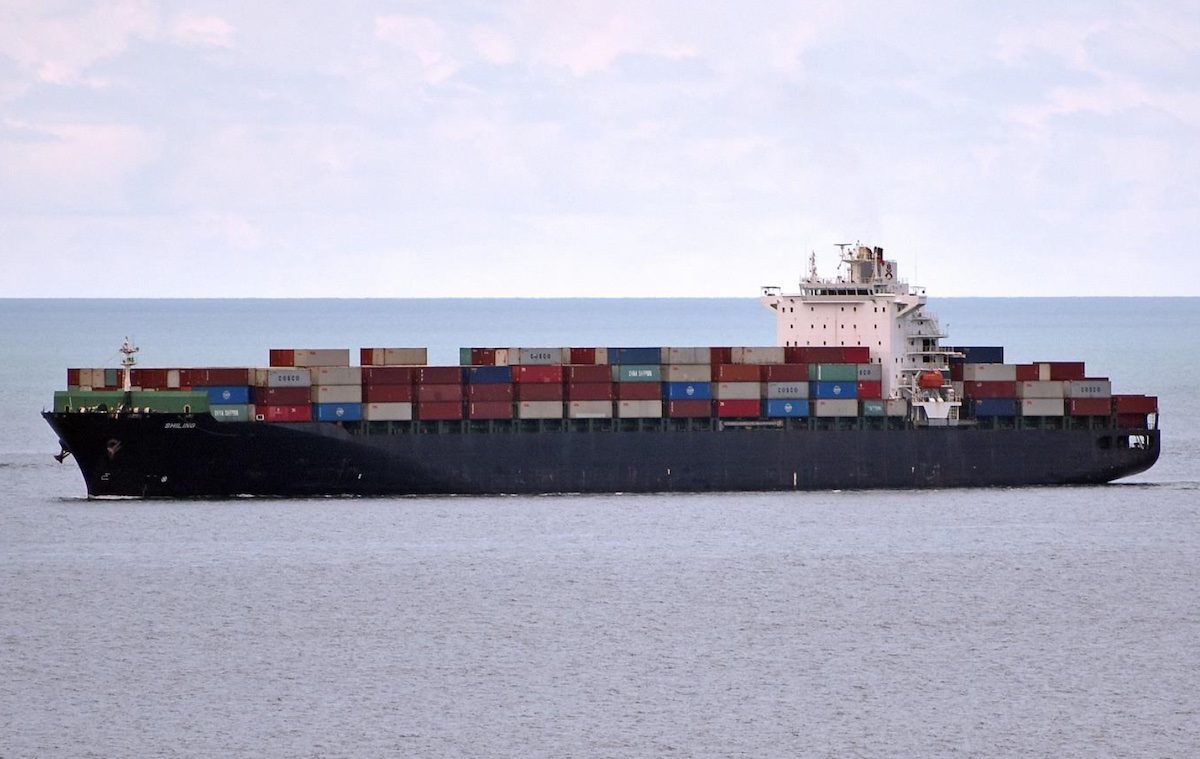
Grounding incidents due to navigational chart errors may increase over the next few years, warns Maritime Accident Casebook in its latest broadcast at MaritimeAccident.org, The Case of the Unwatched ZOCs. The prediction is based on more vessels, especially passenger vessels, entering areas poorly surveyed areas, and overconfidence in ECDIS displays.
The programme tells the story of the grounding of the German-flagged Pacific Challenger on an uncharted reef in April 2008 while en route to Oro Bay, Papua New Guinea, from Rabaul, New Britain. The vessel was under charter to Swire Shipping.
Says writer and narrator Bob Couttie: “There is good reason to expect this sort of incident to increase in numbers, ranging from cruise ships looking for more exotic and unusual destinations, the development of offshore wind farms and merchant vessels entering less well-known areas to reduce costs.
“It’s often forgotten that large parts of the world are unsurveyed or were surveyed using rudimentary equipment like leadlines more than a century ago. Add to that the fact that seismic activity can radically alter seabed profiles in some places, many of which have not been surveyed in many years. As ECDIS becomes more and more common there is a risk of accepting electronic charts as more accurate even though they may be derived from paper charts with old or inadequate survey data.”
Pacific Challenger hit a reef in an unsurveyed area, the jack-up barge Octopus grounded off the Orkney Islands in 2006 while under tow in depths that had not been surveyed since the 1840s. Sea Diamond, a cruise ship, hit a rock in 2007 that was wrongly positioned on the official charts. These incidents can be very serious, Sanko Harvest grounded on an uncharted reef off Australia in 1991 and caused what was then the country’s biggest oil spill. The stone-carrier Rocknes hit a rock and capsized off Norway with the loss of 18 crew.
Both Britain’s Maritime Accident Investigation Branch, MAIB, and Germany’s BSU have expressed concern over the issue.
Says Couttie: “If you go through an an area which is poorly surveyed or unsurveyed then, regardless of what’s shown on the chart, you really have to think whether you should be there at all. If you do, then it’s important to check the chart source data diagram or Category Zones of Confidence, CATZOCs, to see just how reliable the chart, whether paper or ECDIS, actually is. ECDIS isn’t necessarily going to be more accurate than paper.”
Like all Maritime Accident Casebook podcasts The Case of the Unwatched ZOCs draws on a real-life incident to enhance safety awareness aboard ship and help make seafarers, their ships, and the seas safer. Now in its third year, Maritime Accident Casebook,remains a free resource for seafarers and others concerned with safety management and awareness training, is supported by donations and services to the industry.

 Join The Club
Join The Club











